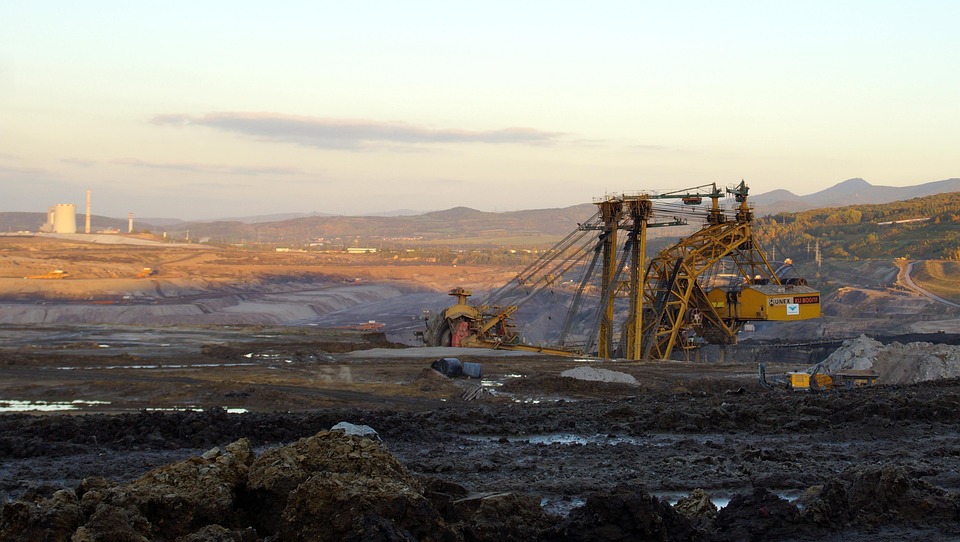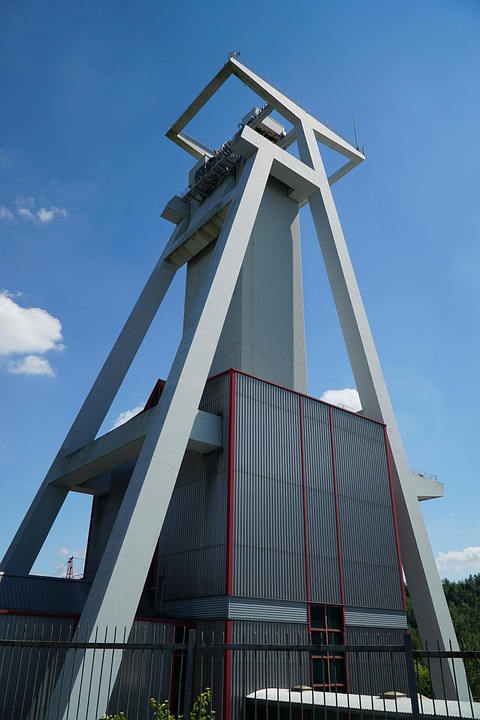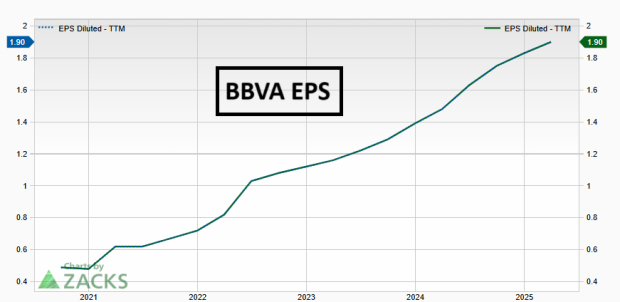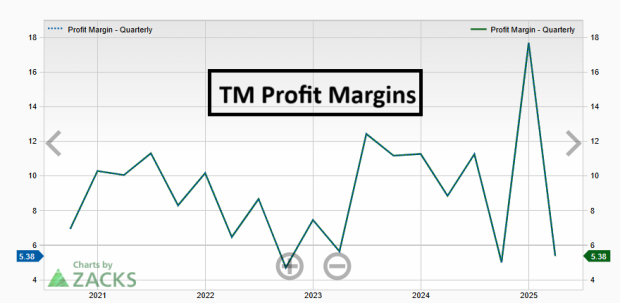Rio Tinto Completes Initial Biofuel Trial to Decarbonize Operations
Rio Tinto (ASX, LON: RIO) announced on Wednesday the successful completion of its first biofuel trial across its network of ports, railways, and mines in Western Australia. This initiative is part of the company’s strategy to decarbonize its iron ore operations.
The trial was carried out over four weeks, from January to February, in collaboration with Neste, a Finland-based renewable diesel producer, and Australian fuel supplier Viva Energy.
During the trial, Neste provided 10 million litres of renewable diesel sourced from used cooking oil. The fuel was transported from Singapore to the Parker Point fuel terminal in Dampier by Viva Energy. It was then blended with fossil diesel at port, resulting in a mix that contained about 20% renewable diesel. This blend was utilized across Rio Tinto’s Pilbara iron ore operations, powering rail, marine equipment, haul trucks, surface mining machinery, and light vehicles.
Rio Tinto stated that the trial offered valuable insights into how renewable diesel usage could be expanded across its Australian operations in the future. It also provided important data regarding the bulk renewable diesel supply chain, importation, and blending processes.
Additionally, the trial contributed to a reduction in Rio Tinto’s Scope 1 emissions, cutting approximately 27,000 tonnes of direct greenhouse gas emissions. This reduction is comparable to the annual tailpipe emissions of about 6,300 cars.
“Diesel constitutes around 70% of the total carbon emissions from our Pilbara iron ore operations. While electrification remains the ultimate long-term solution for most of our fleet, we are actively considering biofuels as a complementary and nearer-term option,” said Richard Cohen, managing director of rail, port, and core services at Rio Tinto, in a news release.
“Through this trial with Neste and Viva Energy, we have gained valuable insights into how renewable diesel can help bridge the gap to widespread electrification, especially in scenarios where electrification may not be feasible,” Cohen added.
As part of its ongoing commitment to achieving a 50% reduction in Scope 1 and 2 emissions by 2030 and achieving net-zero emissions by 2050, Rio Tinto is exploring the potential for biofuels. This trial builds on the company’s successful initiatives at its Boron and Kennecott operations in the U.S., where 11% of total global fossil diesel consumption has already been replaced with renewable diesel.
In addition, Rio Tinto is developing a Pongamia seed farm in North Queensland as part of a biofuels pilot aimed at contributing to the expansion of the Australian biofuels industry.










